O, let America be America again - The land that never has been yet - And yet must be - the land where every man is free
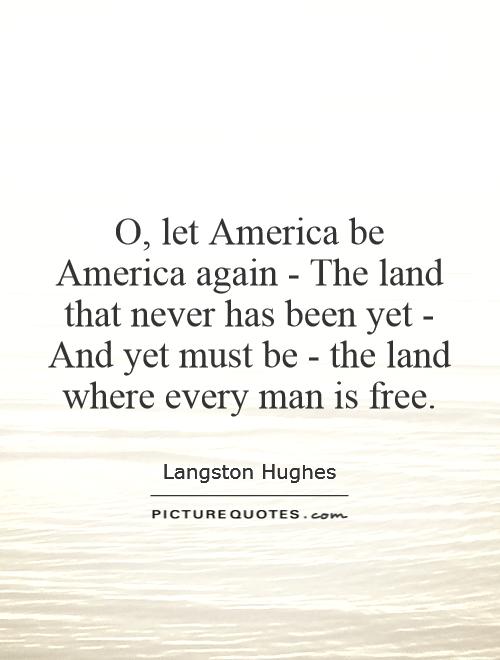
O, let America be America again - The land that never has been yet - And yet must be - the land where every man is free
Langston Hughes, one of the most prominent figures of the Harlem Renaissance, was a poet, social activist, and playwright who used his work to shed light on the struggles and injustices faced by African Americans in the United States. In his poem "Let America be America Again," Hughes calls for a return to the ideals of freedom and equality upon which the country was founded.The opening lines of the poem, "O, let America be America again - The land that never has been yet - And yet must be - the land where every man is free," serve as a powerful call to action. Hughes acknowledges that America has never truly lived up to its promise of freedom and equality for all, but he also expresses hope and determination that it can and must become a reality.
Throughout the poem, Hughes contrasts the idealized vision of America as a land of opportunity and equality with the harsh reality of discrimination, poverty, and oppression faced by marginalized communities. He highlights the struggles of African Americans, Native Americans, immigrants, and working-class individuals who have been denied their rights and freedoms.
Hughes also critiques the hypocrisy of those who claim to uphold American values while perpetuating systems of inequality and injustice. He challenges the notion that America is a "land of the free" when so many are denied basic rights and opportunities based on their race, class, or background.
Despite the challenges and obstacles faced by marginalized communities, Hughes remains hopeful that America can live up to its promise of freedom and equality. He calls on all Americans to work together to create a more just and inclusive society, where every individual has the opportunity to thrive and succeed.

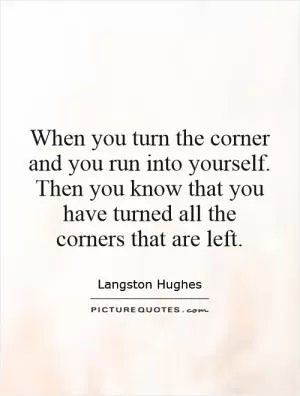
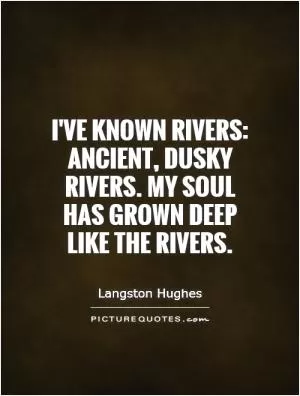



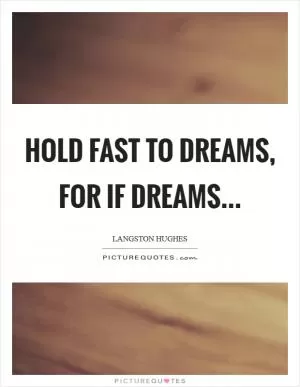

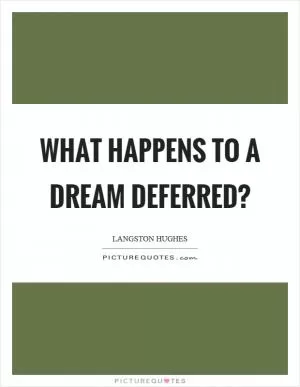
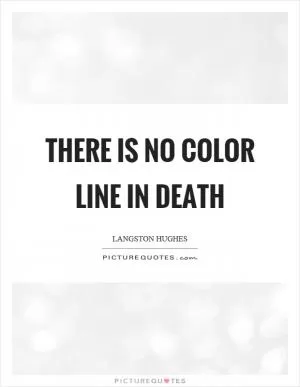
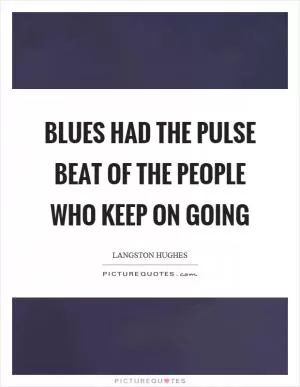

 Friendship Quotes
Friendship Quotes Love Quotes
Love Quotes Life Quotes
Life Quotes Funny Quotes
Funny Quotes Motivational Quotes
Motivational Quotes Inspirational Quotes
Inspirational Quotes